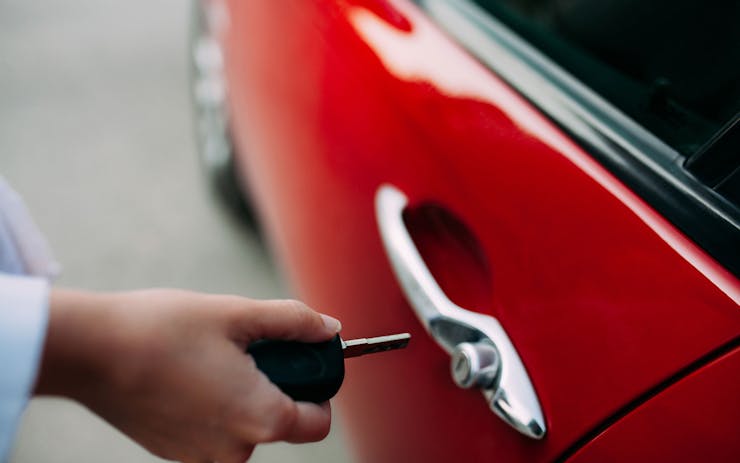In a survey by the Canadian Automobile Association released in late December, 26% of Canadians between the ages of 18 and 34 admitted they had either driven a car while under the influence of cannabis, or had been a passenger in a vehicle with a stoned driver.
The Leger Marketing survey was conducted on the internet, and therefore did not have a margin of error.
Though 86% of respondents said they believed it was important to change travel plans to avoid driving if they’d consumed alcohol, only 70% felt the same about changing plans after consuming cannabis.
This unsettling number paired with 15% of respondents who said they believed their driving ability was either the same or improved when they were high.
Part of the problem, said CAA chief strategy officer Jeff Walker, since cannabis impairs consumers differently than alcohol, is that those who’ve consumed it may not feel they are impaired even as their reaction times are diminished, increasing the risk of vehicular accidents.
CAA senior public affairs manager Kristine D’Arbelles said the findings showed the public does not yet widely understand that cannabis can be as impairing to driving as alcohol.
D’Arbelles told Global News, “It took us three decades to get to a point where drinking and driving are completely socially unacceptable. I think the older and younger generations understand that today. Cannabis is not quite there.”
Because surveys about cannabis impaired driving rely on respondents telling the truth about an action that’s both criminally and socially frowned upon, they often present differing numbers.
In a 2017 Public Safety and Emergency Preparedness Canada survey conducted by Ekos Research, 40% of Canadians reported having used cannabis in the preceding 12 months, and of those, 28% said they had driven high—representing about 11% of total respondents. Meanwhile, one third of all respondents said they had ridden in a vehicle driven by a person impaired by cannabis.
Among cannabis users surveyed by Health Canada for the Canadian Cannabis Survey 2017, 39% said they had driven within two hours of consuming, while 15% said they’d driven within two hours of combining cannabis and alcohol.
Watch Leafly TV
Click here to discover more videos on Leafly TV.





